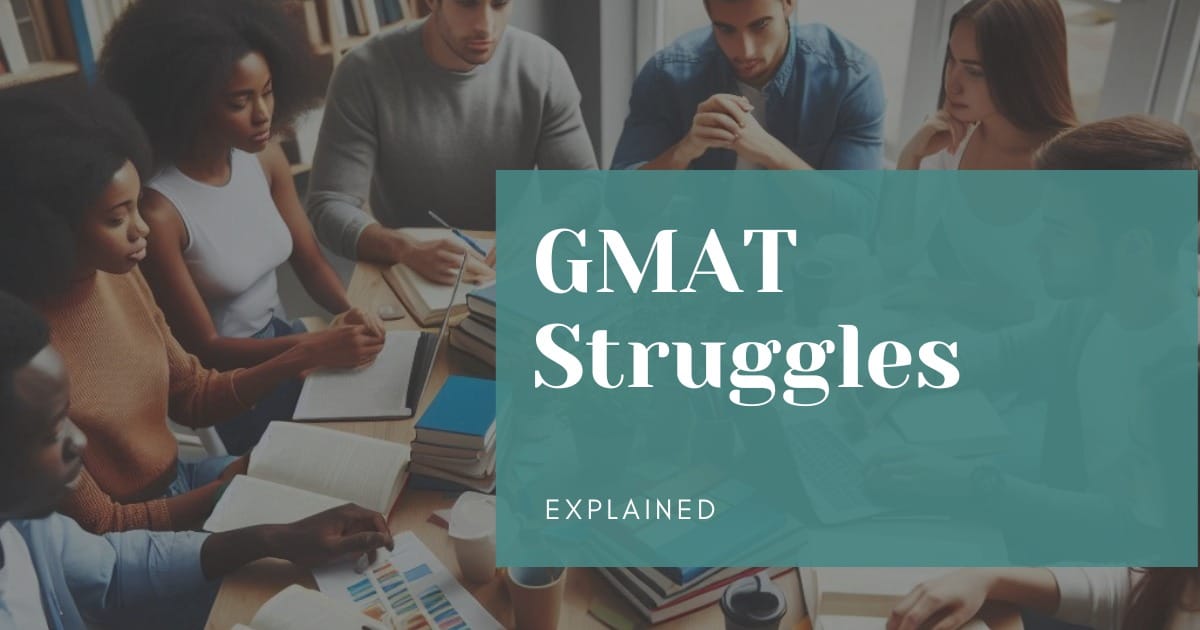The GMAT is a unique test designed to assess critical thinking, reasoning, and decision-making skills—key attributes required for success in business school. With the introduction of the Focus Edition, the exam has become even more streamlined and adaptive, emphasizing problem-solving and analytical abilities rather than rote memorization or formulaic approaches.
What Makes the GMAT Focus Edition Unique?
The Focus Edition places a sharper emphasis on core skills with fewer questions and sections, enabling candidates to dedicate more attention to quality over quantity. Notable changes include:
- Shorter Duration: The exam is now more time-efficient, focusing on Verbal Reasoning, Quantitative Reasoning, and Data Insights.
- Customizable Section Order: Candidates can choose the order in which they attempt sections, enhancing personal comfort and strategy.
- Streamlined Content: The revised structure eliminates less impactful questions, allowing for more targeted preparation.
These changes make it essential for candidates to adapt their study plans to maximize efficiency and performance.
Time Management: The Core of GMAT Success
Effective time management remains pivotal. The Focus Edition challenges candidates with a computer-adaptive format that adjusts question difficulty in real-time. Here’s how to stay ahead:
- Avoid Perfectionism: Spending excessive time on a single question can derail your pacing. Instead, aim to answer within 2 minutes for most questions. If stuck, make an educated guess and move on.
- Set Benchmarks: Divide sections into manageable chunks and track your progress. For instance, aim to complete 10 questions within a specific timeframe.
- Prioritize Accuracy Over Speed: Focus on getting easy and medium-level questions correct. Missing these hurts your score more than struggling with the hardest ones.
- Practice Under Test Conditions: Simulate real exam conditions during mock tests, including breaks and section timing.
Preparation Strategies for the GMAT Focus Edition
To excel, you need a well-rounded approach encompassing content knowledge, test strategies, and time management.
- Content Mastery: Focus on core concepts in Quant, Verbal, and Data Insights. The GMAT emphasizes application over memorization, so understand the “why” behind each solution.
- Adapt to the Computer-Adaptive Format: Practice adjusting your approach based on question difficulty. Learn to identify when to move on.
- Work on Weaknesses: Identify and strengthen your weak areas early. A tutor or structured course can provide personalized guidance.
The Role of Expert Guidance
Professional coaching can significantly enhance your performance. At Apti30, we specialize in tailored one-on-one guidance to help students achieve their target scores. Our instructors identify your unique strengths and gaps, creating a personalized roadmap for success. With a track record of students admitted to top business schools globally, we understand what it takes to ace the GMAT.
Final Thoughts: Acing the GMAT Focus Edition
Scoring well on the GMAT isn’t about acing every question—it’s about smart strategies, efficient time management, and leveraging your strengths. With the Focus Edition, preparation is more streamlined but equally demanding. Commit to a disciplined approach, and remember, the guidance of an experienced tutor can make all the difference in unlocking your potential.
Time Frame for GMAT Focus Edition Preparation: Key Factors
Preparing for the GMAT Focus Edition requires a personalized timeline influenced by individual strengths, goals, and circumstances. Here are the core factors to consider:
1. Baseline Score vs. Target Score
Start by taking a diagnostic mock test from GMAC without preparation to establish your baseline score. Compare it with the target score based on your desired program’s requirements. The gap between these scores will help estimate the study hours required, combining self-study and expert guidance.
2. Grasping Power and Application
Every candidate’s ability to absorb and apply concepts varies. Understanding concepts is just the first step—knowing how to apply them to GMAT-style questions is critical. An experienced GMAT tutor can help identify whether you need improvement in understanding concepts or their application.
3. Dedicated Study Time
Your study time depends on your other commitments. Those preparing alongside work or family responsibilities may need more time to complete preparation compared to those who can focus solely on the GMAT. Maintaining physical and mental well-being also enhances productivity.
4. Consistency
Consistency is key. A disciplined routine accelerates learning and reduces preparation time. Irregular study patterns lead to frequent reviews, extending the preparation timeline.
5. Adaptability to the GMAT Mindset
The GMAT tests critical thinking, reasoning, and problem-solving skills. Candidates need to shift their perspective to approach questions strategically. The time required for this mental adjustment varies.
6. English Proficiency
For native English speakers or avid readers, the verbal section demands less preparation. Non-native speakers may require more time to build language skills and reading comprehension, especially for critical reasoning and sentence correction.
Ready to take the next step? Join Apti30 and let’s conquer the GMAT together.








